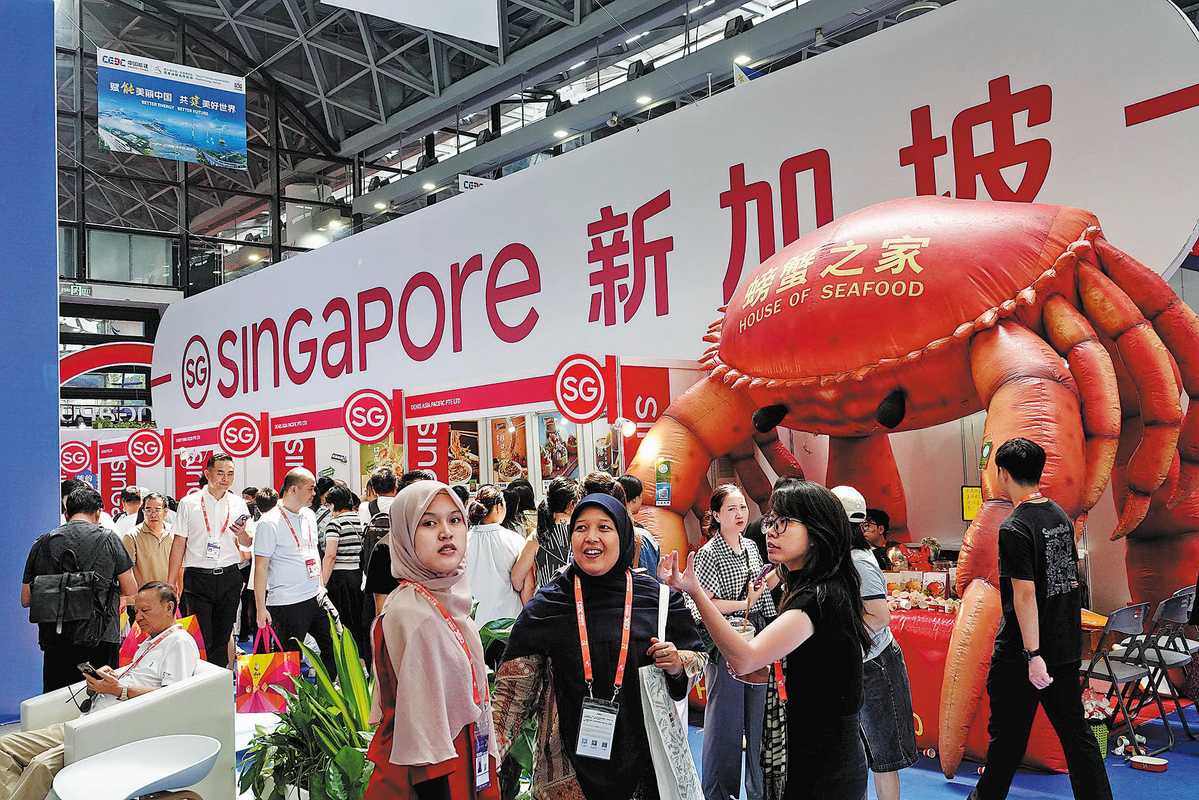Change and continuity mark Southeast Asia
Leaders of four countries in region set to bring own governance style as well as build on gains of predecessors






Likewise, Singapore's Prime Minister Lawrence Wong, a member of the fourth generation of the ruling People's Action Party leadership, is expected to continue the party's established policies, including the practice of hedge diplomacy and maintaining a neutral stance in international relations.
Like Indonesia, Singapore is a founding member of ASEAN and upholds the principle of ASEAN centrality — which is about promoting and implementing policies based on regional interest. Wong emphasized this in his inauguration speech on May 15, while saying that Singapore is also hoping for stable US-China relations and will continue engaging both powers.
Mustafa Izzuddin, senior international affairs analyst with policy and business consultancy Solaris Strategies Singapore, said "there is more continuity than change" in Singapore's foreign policy.
Mustafa said Wong is adopting a dual-track approach like his predecessors — bilaterally in terms of Singapore's relations with China under its national interest, and multilaterally in terms of ASEAN's relations with China as Singapore is a staunch multilateralist and proponent of the regional bloc.
In August, former prime minister of Thailand Srettha Thavisin was removed from the position after less than a year in office due to breach of ethics rules by appointing a lawyer with a criminal conviction to his cabinet. Two days after the removal of Srettha, ruling Pheu Thai Party leader Paetongtarn Shinawatra was elected as the 31st prime minister.
Despite these initial challenges, Paetongtarn's administration is expected to provide stability.
Kriengsak Chareonwongsak, president of the Institute of Future Studies for Development in Bangkok, said it helps that Paetongtarn belongs to the same ruling party, ensuring continuity in policies and composition of the cabinet.














